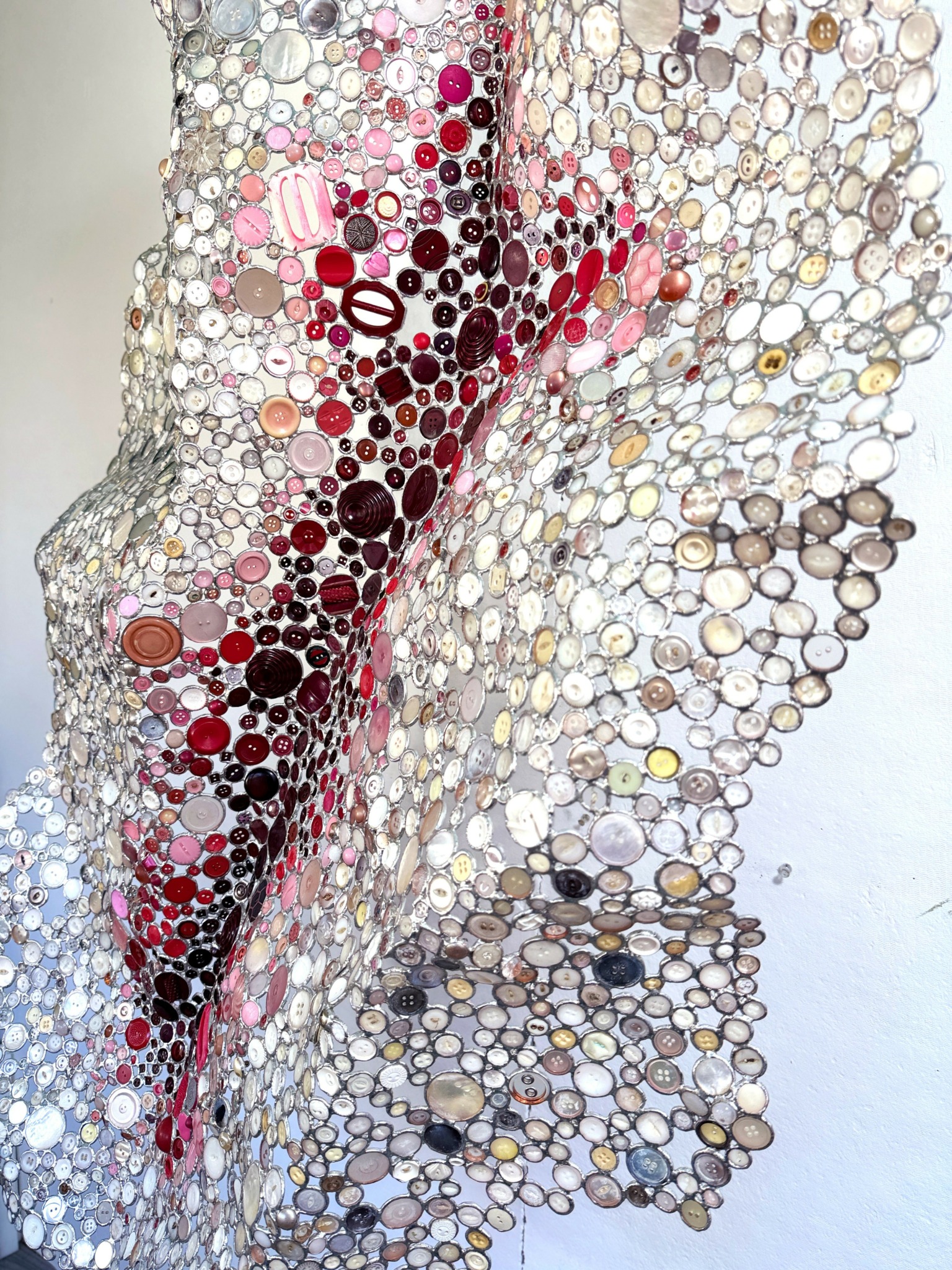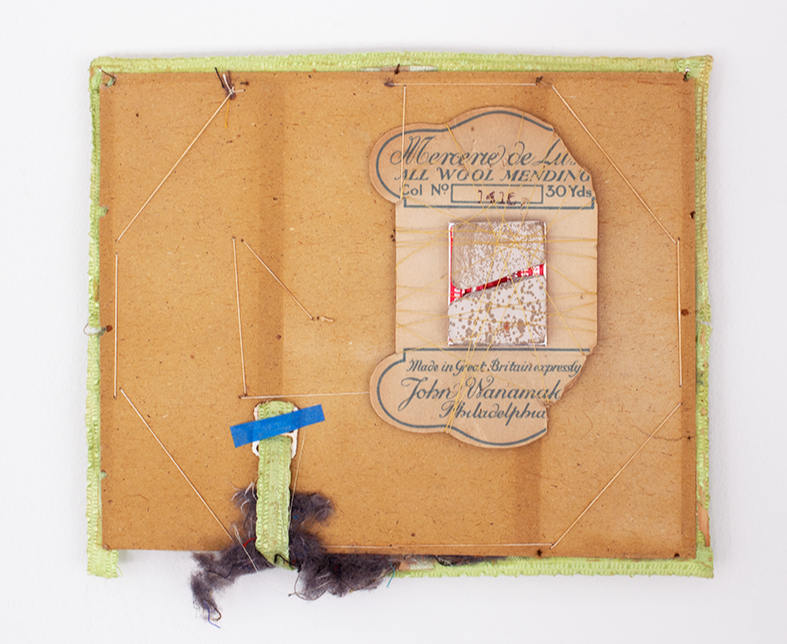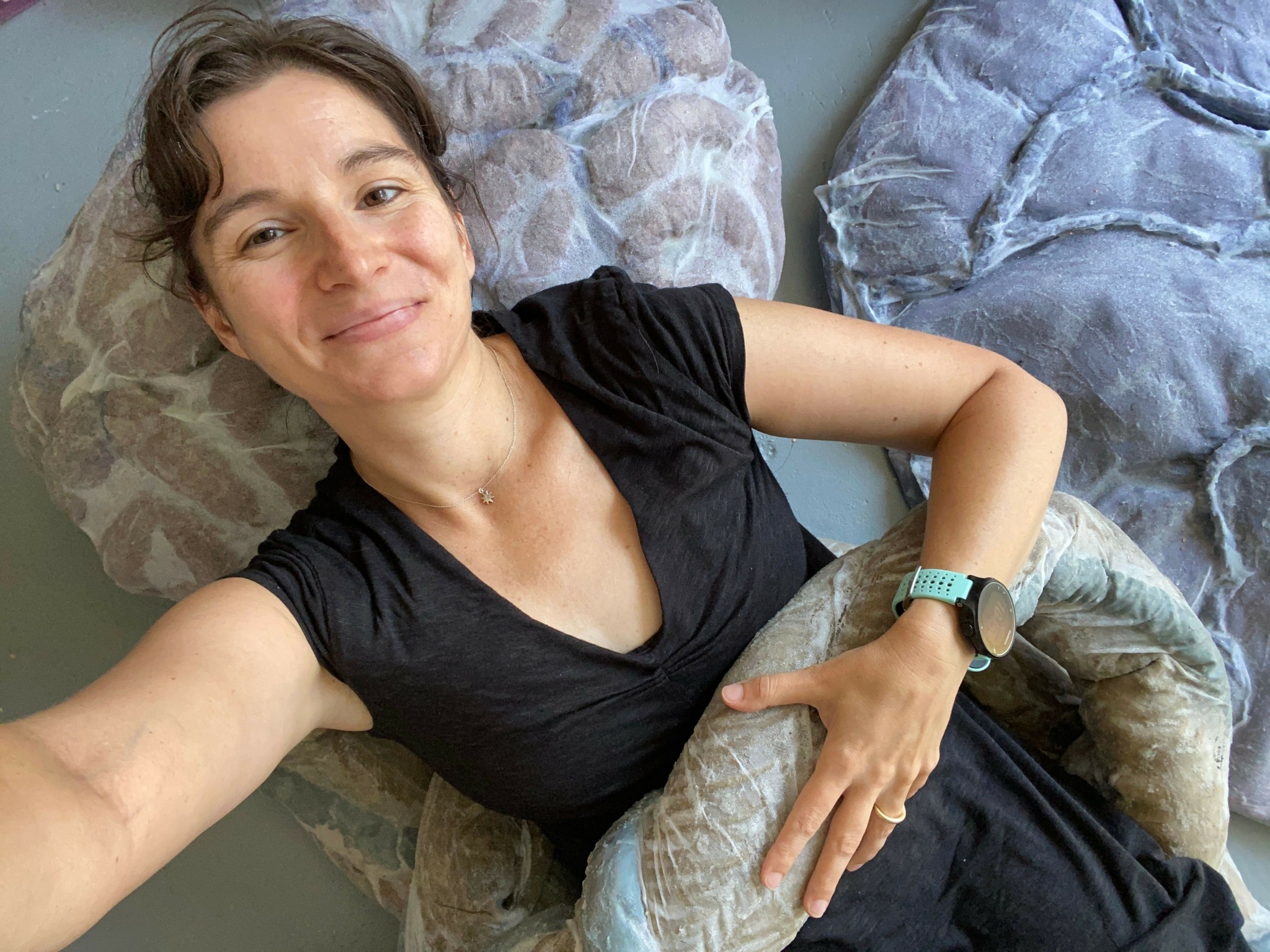We recently connected with Kristina Denzel Bickford and have shared our conversation below.
Kristina Denzel, looking forward to hearing all of your stories today. If you could go back in time do you wish you had started your creative career sooner or later?
Entering grad school in my mid-forties wasn’t daunting. I was mostly in the presence of artists who could have been my own students, but my career in the classroom (23 years as a biology teacher) had instilled in me a deep sense that wisdom doesn’t necessarily come with age. I knew I had just as much to learn from my younger peers as they did from me, and it was ultimately an enriching experience to be learning in that age-diverse climate. At the same time, I still carried my 20-something self with me and I knew her as a person with much less confidence and originality than 45 year-old me had. In many ways, I was incredibly happy to be entering school again as a person with a lot of life lived. I knew more about myself, and that gave me a greater sense of clarity in terms of where I wanted to push my work. The risk I took to leave a career mid-stream and dedicate myself to something that had been a long-term desire (earning an MFA) also lit a fire in me to make the most out of my time in the program. I am not lying when I say that on most days, whenever I walked down the halls of the studio spaces, I couldn’t stop myself from smiling. I felt so incredibly lucky to be doing what I wanted and to be seen again as a student. The whole experience, even when challenging, was joyful. I felt as if I was in the right place at the right moment, and that I was and always had been an artist.
In the simplest terms, my work centers around mothering and womanhood, and at the midpoint of my life, I felt firmly grounded in my own body to be able to tackle these subjects as an artist. Had I done it all earlier, I’m not sure I would have gained any kind of a head start. I think no matter what the course, I needed to be the current version of myself to make the body of work I’ve created. The questions I ask and the voice I’ve claimed as an artist are inextricably tied to where I am in this moment of my life. Perhaps my earlier work could have been revelatory about that moment, but it’s also arguable that my ‘work’ at that time was caregiving in the form of teaching and parenting, and that I needed that deep experience in order to create the work I do today.
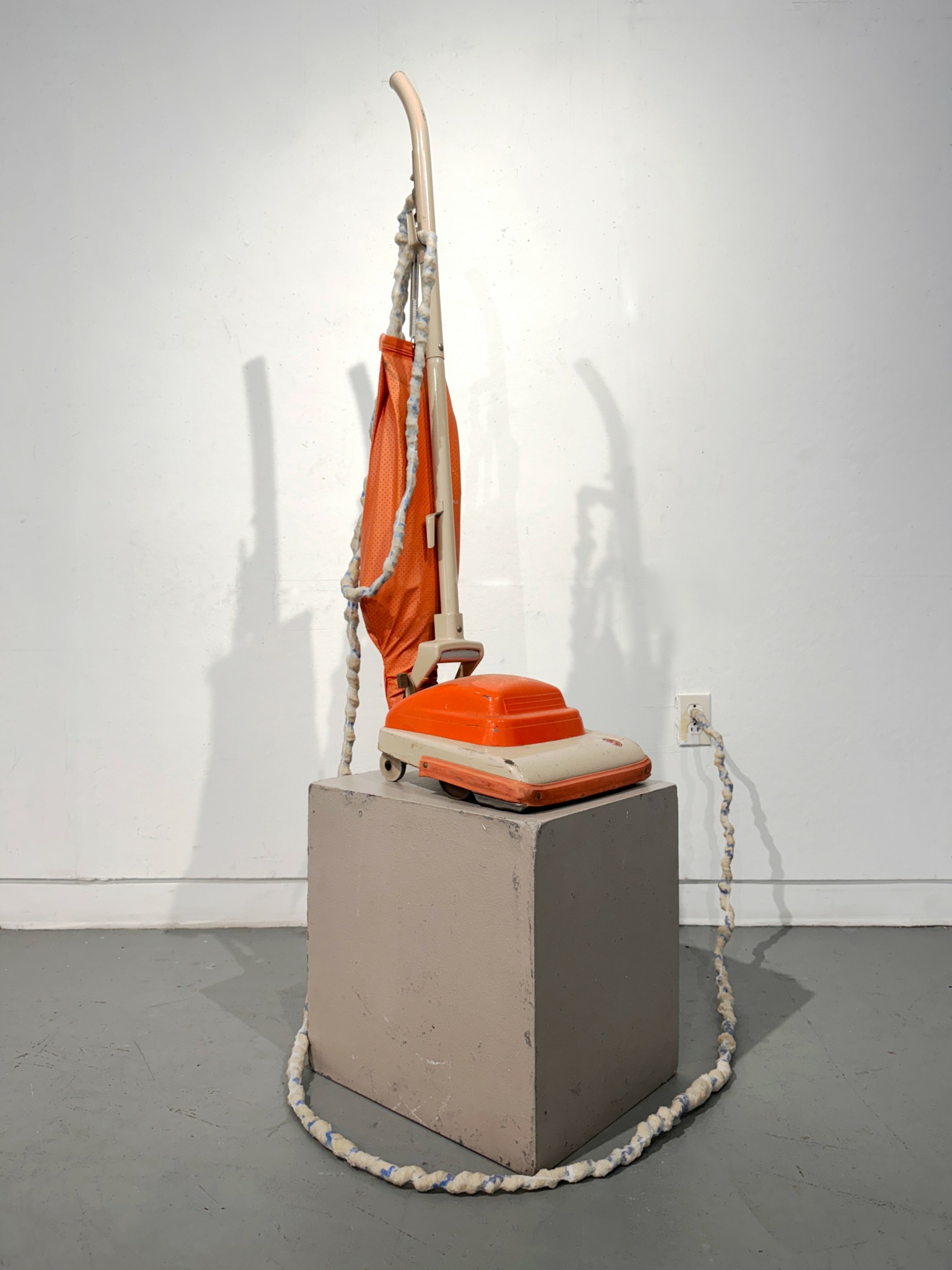
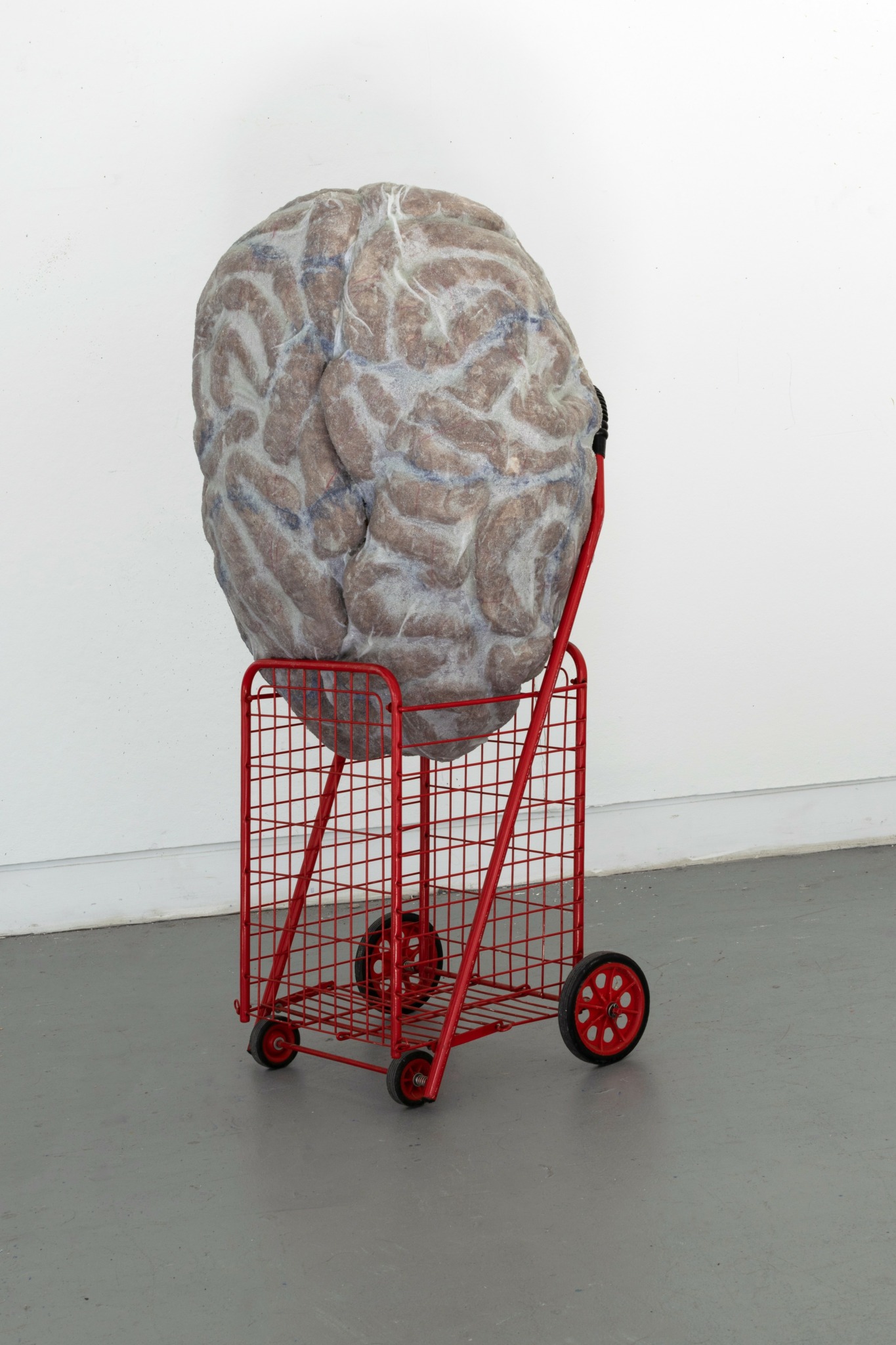
Kristina Denzel, before we move on to more of these sorts of questions, can you take some time to bring our readers up to speed on you and what you do?
As an artist, I am a deeply introspective thinker, but the scientist in me loves to dive into research. I am highly collaborative in that I like to discuss challenging topics with others, to realize perspectives that are different from my own, and to engage in conversation about how my work pushes or pulls a viewer in any given direction. I tend to go through stages where I puzzle over a project quietly, want to talk about it openly, and need to lock myself in my studio to make it happen.
As an educator, I always search for the wonder and joy in whatever I’m teaching. Biology (my career before focusing on my art) is a subject full of magic and because it is so relatable to our own experience as organisms that are merely a part of a much larger puzzle, it is a deeply humbling and awe-inspiring topic. When teaching art, those same emotions can be tapped as students discover the craziness of color theory, or how the simplest gestures can be the most difficult to effectively pull off. Art making is about observation in the same way science is. It is experimental, risky, and raises more questions than it gives answers. Teaching science and art might seem worlds apart, but my approach to both has many similarities. At the deepest, most fundamental level, all of my teaching is about existing in the pure joy that can be found when we allow ourselves to exist in a state of wonder and unknowing.
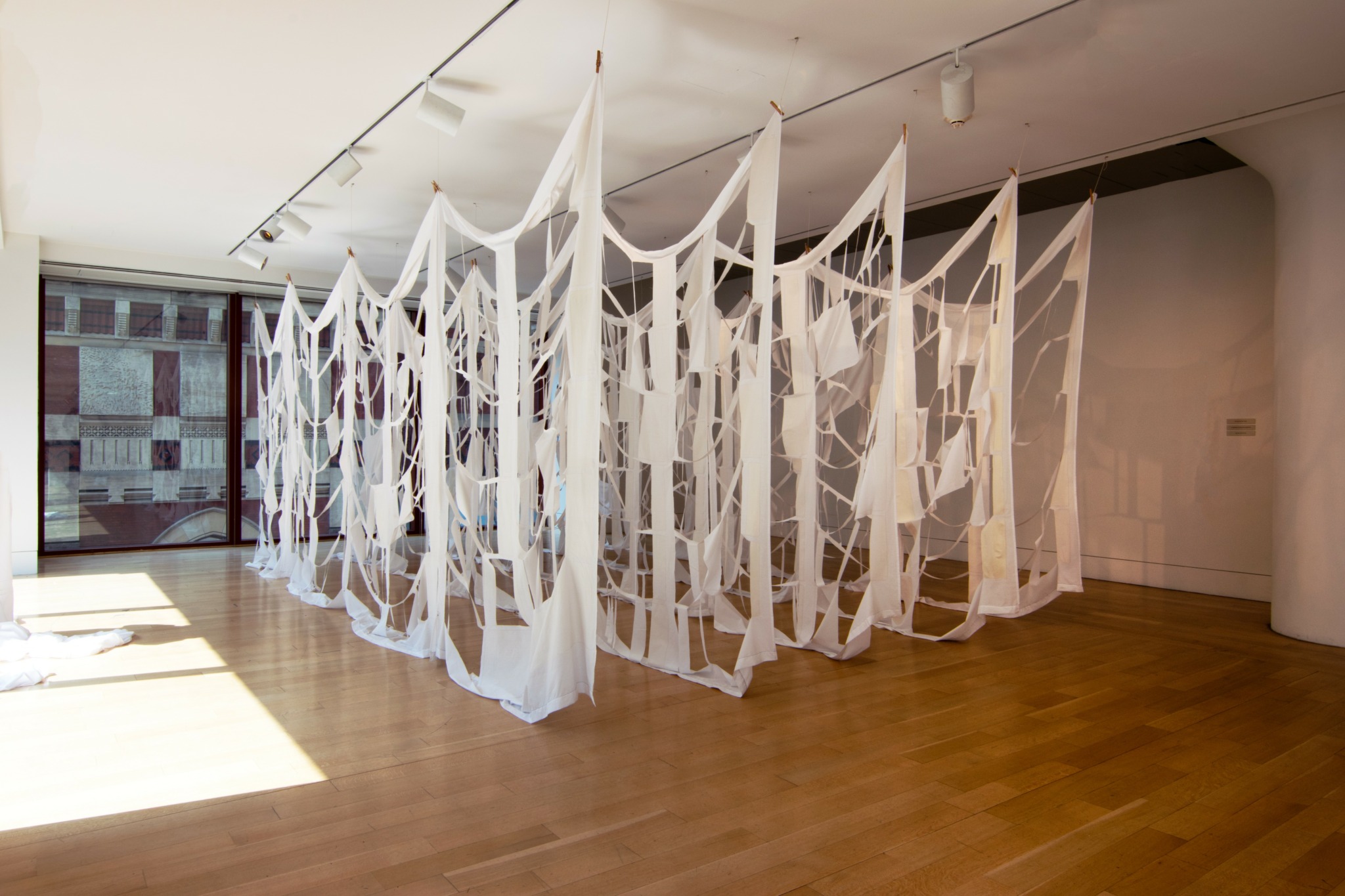
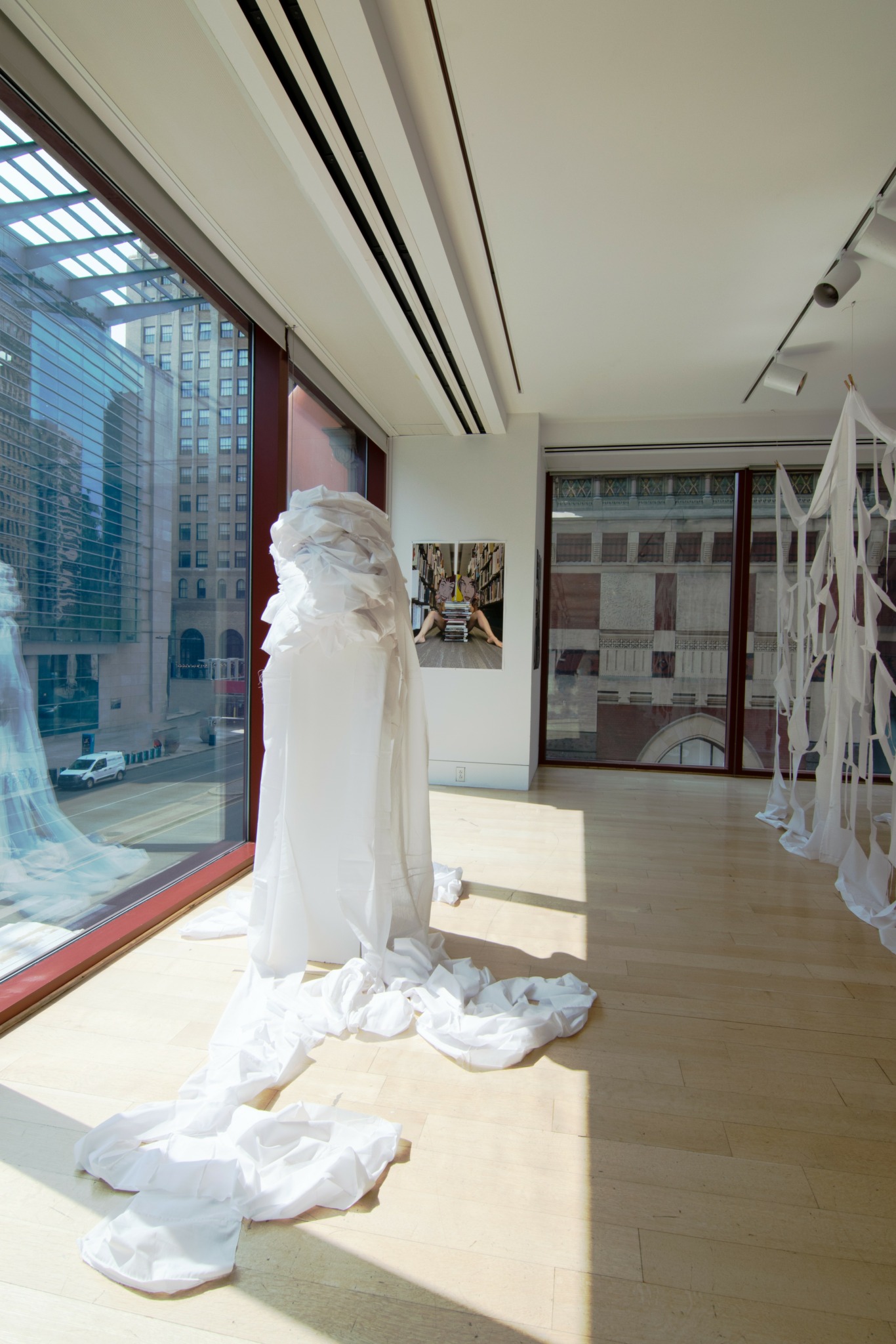
In your view, what can society to do to best support artists, creatives and a thriving creative ecosystem?
We need to see the contributions artists make to society as essential work. The work of artists enriches and fuels our everyday life in myriad ways, but we fail to see the work as worthy of a secure lifestyle. Society at once depends on artists and relegates them to the fringes and I fear that the rise of AI technology is increasing the severity of that dichotomy. I believe artists should retain the rights to their work, so that when collectors resell their work, they receive a portion of the profits. I believe we should trust artists to use the time and space needed to create, and that we should value the work of an artist, which may include skills non-creatives might consider unproductive, like sitting and staring at a painting until we understand what needs to be done next. In my mind, the first step is ensuring everyone has solid access to art education, so that we develop an understanding from an early age that the process of art-making is valid, important, and something we should fiercely support.
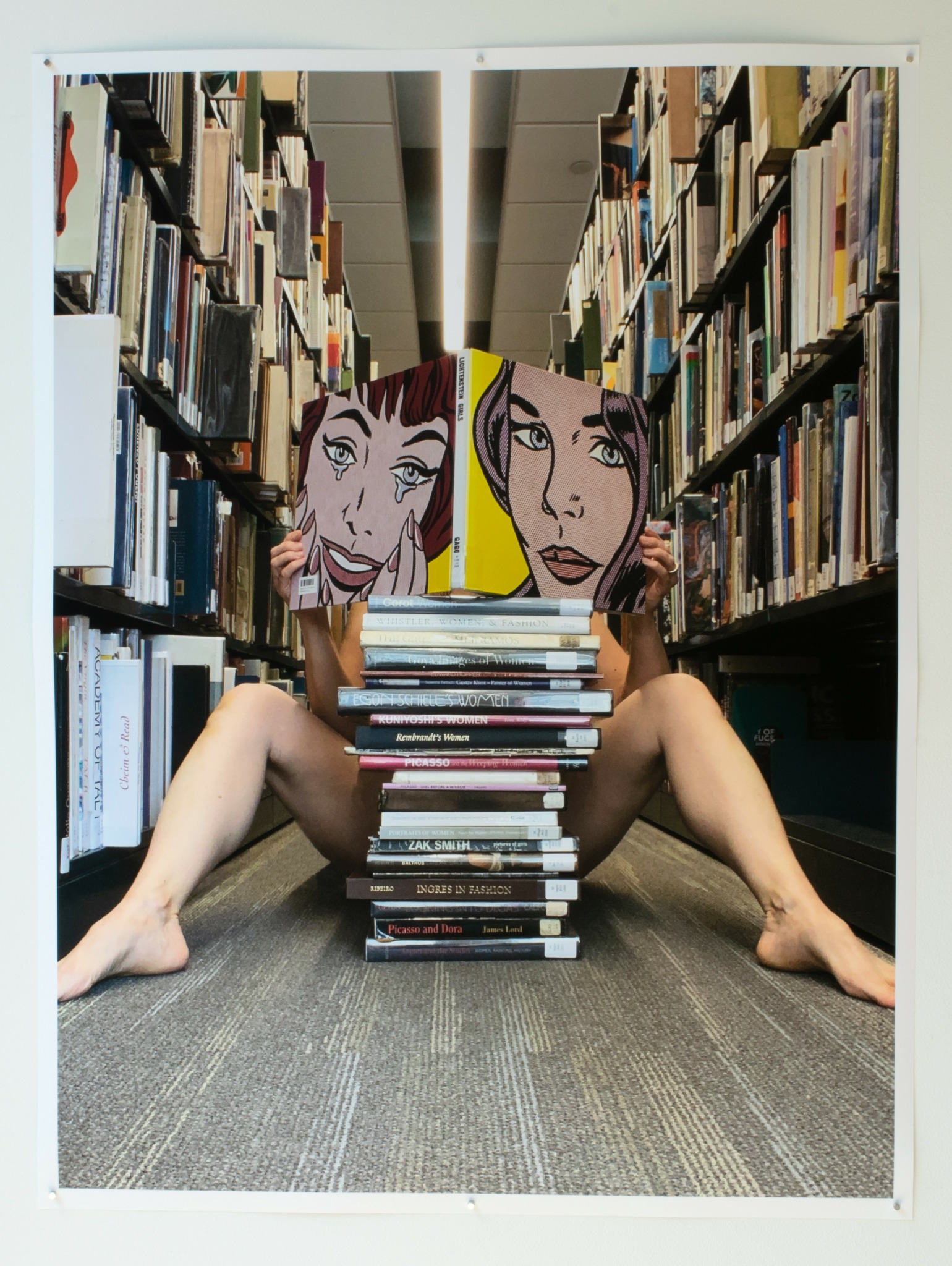
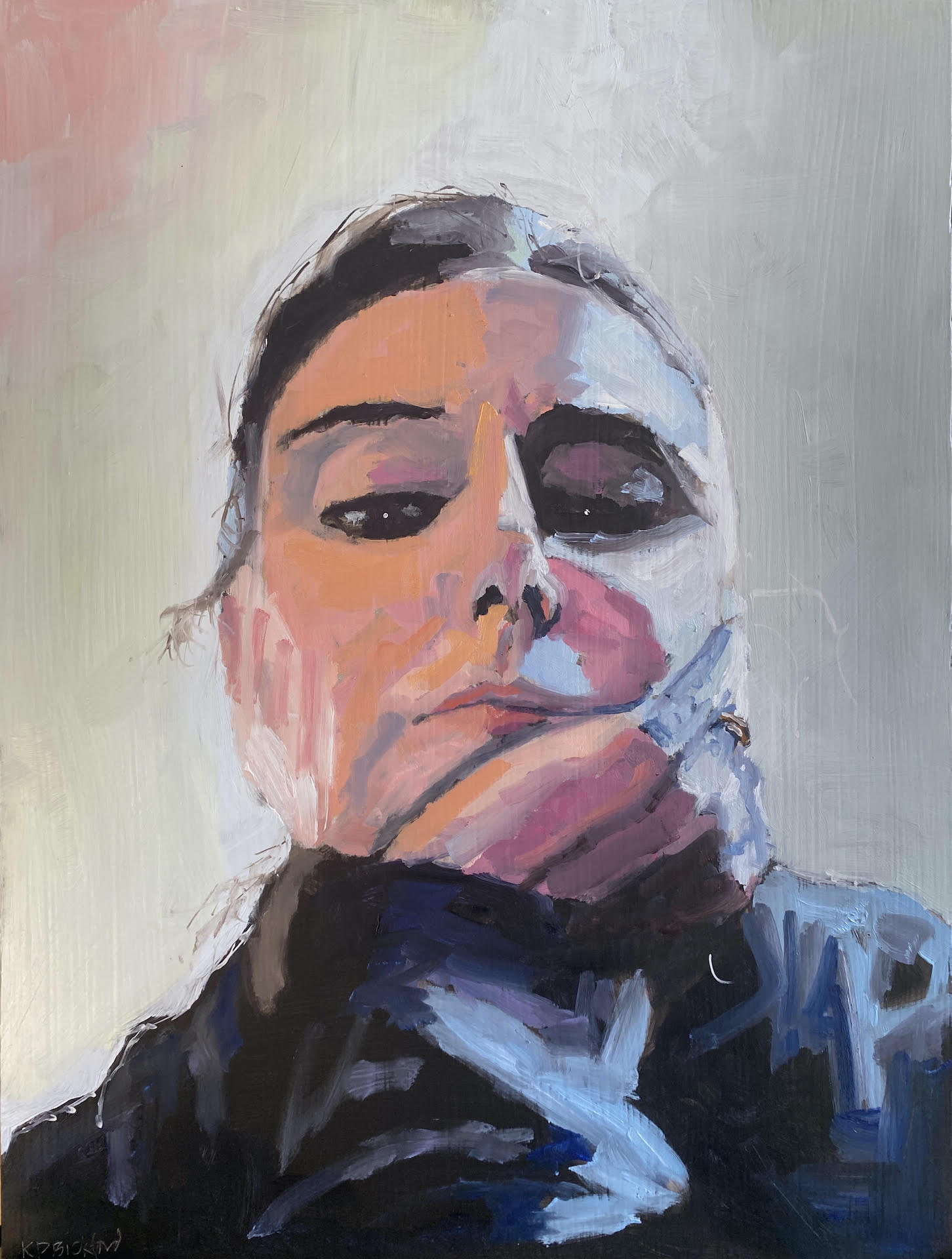
What do you think is the goal or mission that drives your creative journey?
My own limited lifespan is what ultimately led me to decide to focus on my art making. I gave up security and predictability, two things I clung to fiercely in the first half of my life, but as I began to think about my own mortality, I realized I didn’t want to regret a lack of faith in myself. It’s a fragile faith, full of uncertainty and doubt because art-making is not the easy path, but it’s given me a greater confidence than I ever had, and my life is far richer for it.
Contact Info:
- Website: https://kristinadenzelbickford.com
- Instagram: kristindenzelbickford
- Linkedin: kristinadenzelbickford
- Other: etsy: kristinadenzelbickford
